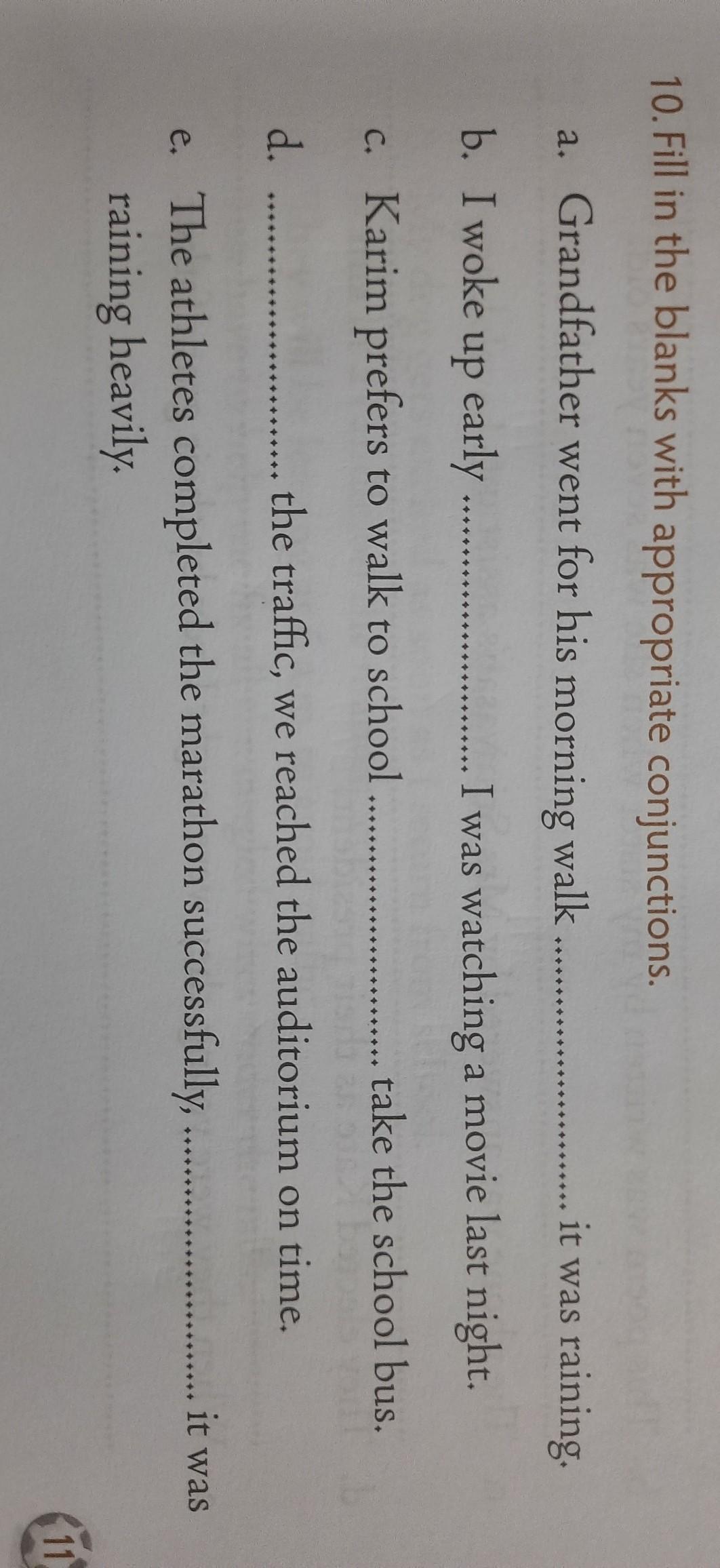Common nouns
Common nouns refer to generic people, places, and things.
Common nouns can refer to people, places, things, and ideas.
People: man, woman, child, cop, criminal, butcher, baker, neighbor, friend, enemy, person, stranger
Places: city, town, country, neighborhoods, islands, beaches, province, state, outside, upstairs, basement
Things: guitar, drums, apples, oranges, snow, rain, ice, fire, dirt, cars, water, sky, stars, day, weeks, month, years
Ideas, emotions, concepts: happiness, sadness, fear, courage, questions, answers, government, chaos, hunger, confusion.
Proper nouns
Proper nouns can also refer to people, places, things, and ideas. However, proper nouns refer to more specific people and things.
People: Harriet Tubman, King Richard the Lionheart, Miles Davis, Emily Dickinson, Helen of Troy, Superman, Lady Gaga, Captain Crunch
Places: New York City, Moscow, Cairo, Portugal, Zimbabwe, Peru, Europe, Asia, Australia, Main Street, Rocky Mountains, Colorado River, Sahara Desert
Things: Jupiter, Google, Twitter, Kawasaki Ninja, Star Wars, Band-aids, Harry Potter and the Chamber of Secrets, Apollo 13, Great Wall of China
Ideas and Concepts: Buddhism, Romanticism, Cubism, Industrial Revolution, Dark Ages, Moday
Grammatically, the biggest difference between common and proper nouns has to do with capitalization. Proper nouns are always capitalized no matter where they appear in a sentence. One exception to this rule is brand names that use lowercase letters for stylistic reasons: the word iPad is a proper noun even though the first letter is lowercase.
Common nouns, on the other hand, are only capitalized at the beginning of sentences or when used in the title or name of something. For example, the word captain is a common noun and will be lowercase in most sentences. However, it has a capital letter when it is used in a title such as in the name Captain Hook.
Follow me.

